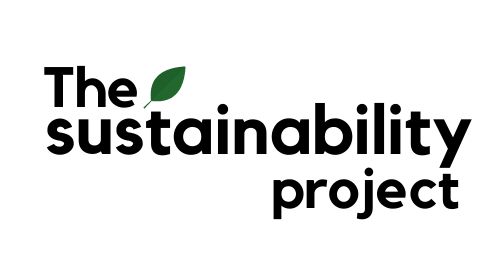As the world struggles to tackle the onset of climate change, it is our responsibility as consumers to vote with our purchasing power. When we buy sustainably made, ethical goods, we support the health of the environment and other humans, rather than causing harm.
Avoiding the importance of ethical, sustainable products can lead to detriments such as excessive resource waste, mistreatment of employees, and environmental damage. It is extremely important that we all do our part to be more conscious consumers because our actions DO make a difference!
While many people conflate the terms sustainability and ethical, they actually mean slightly different things when it comes to footwear. In this article, we are going to set the record straight so that you can find footwear that is great for people and the planet, not just one or the other.
There are plenty of shoe companies that champion both concepts. The key to finding them is in doing your research before making a purchase. Whether you’re looking for skate sneakers or high heels, this guide will help you determine if they are a good purchase all around.
What is Sustainable Footwear?
When it comes to shoes, most traditional brands are not using sustainable materials and practices. Footwear sustainability is mostly dependent upon the material with which it’s made, but the term has recently been broadened to occasionally include the treatment of employees in the production process. Natural fibers such as hemp and organic cotton are used in sustainable footwear production because they can be grown with renewable resources.
In fact, the sneaker industry is responsible for 1.4 percent of the world’s greenhouse gas emissions, which is very high for a product that does not use fuel or electricity. The reason for these exorbitantly high emissions is due to the material used in producing conventional footwear. Plastics created using petroleum such as polyester and ethylene-vinyl acetate produce large amounts of carbon dioxide.
To cut down on these emissions, we should all focus on buying sustainable shoes that will last a long time. Sustainability involves every step in the making of a pair of shoes, from the harvesting of the materials to the manufacturing of the final product. Sustainable shoes must be made with eco-friendly or recyclable materials that have been ethically sourced.
What is Ethical Footwear?
The ethics of a shoe brand has more to do with the how and who than the what. Ethical footwear brands prioritize the social impact of their brand, not just the commercial value. To be ethically produced, the shoes must have been made by workers who received fair wages and a safe working environment.
3 Things to Look Out For
Wondering how to identify a pair of sustainable and ethical shoes? Use these guidelines to see if your shoes pass the test.
The Materials
When it comes to the materials used in the production, they should be grown, harvested, and processed in an eco-friendly way that inflicts minimal damage on the environment like the ones used in these vegan boots.
Dye runoff can be very toxic to the environment, so a sustainable brand will have made efforts to use non-toxic dyes. Some popular materials used in sustainable shoes are:
- Bamboo
- Organic cotton
- Hemp
- Cork
- Apple leather
- Pineapple leather
- Recycled plastic
Sustainability should extend to the packaging as well. Companies can opt to utilize cleverly designed alternatives such as Viupax boxes. These containers can reduce fiberboard usage by 50% and reduce packaging costs in the process.
Certifications
There are numerous certifying bodies that will let you know if a brand is fair trade, sustainable, and ethical. Generally, the company will proudly display these certifications on their website or packaging of their products, but if they do not, you can always inquire to see if they are certified. Some common certifying bodies include OEKO-TEX, the Global Recycled Standard, the Leather Working Group, and the Global Organic Textile Standard.
If you are not familiar with the various certifications, here is a mini crash course of what each of them do:
- OEKO-TEX works to increase transparency in the textile and leather industries.
- Global Recycled Standard verifies recycled material that companies use to ensure their sustainability certification.
- Leather Working Group seeks to uphold environmentally friendly practices for the leather industry.
- Global Organic Textile Standard sets parameters that the textile industry must meet to be considered organic.
How Much They Produce
Be wary of brands that produce lots of clothing and shoes quickly, as it is likely they are not able to support sustainable practices. Fast fashion brands should be avoided where possible. Instead, look for smaller brands with shoes that are handcrafted and made with care.
These will not only be better for the environment, but you are also supporting an ethical, sustainable production process that benefits both you and shoe producers simultaneously. When you keep items for longer, it is also better for the environment as you produce less waste.
To check for a company’s sustainability rating, use Good On You, which rates brands based on how they treat the planet, people, and animals.
As we become more and more concerned about the environment, it’s crucial to incorporate these tips into your shopping routines. Be sure to do research on your favourite brands before purchasing products to ensure you are doing all you can to protect our beautiful world.
Taking all these pointers into consideration should help you find ethical and sustainable footwear that is not just good for the environment, but also satisfies what you are looking for in a pair of shoes.

